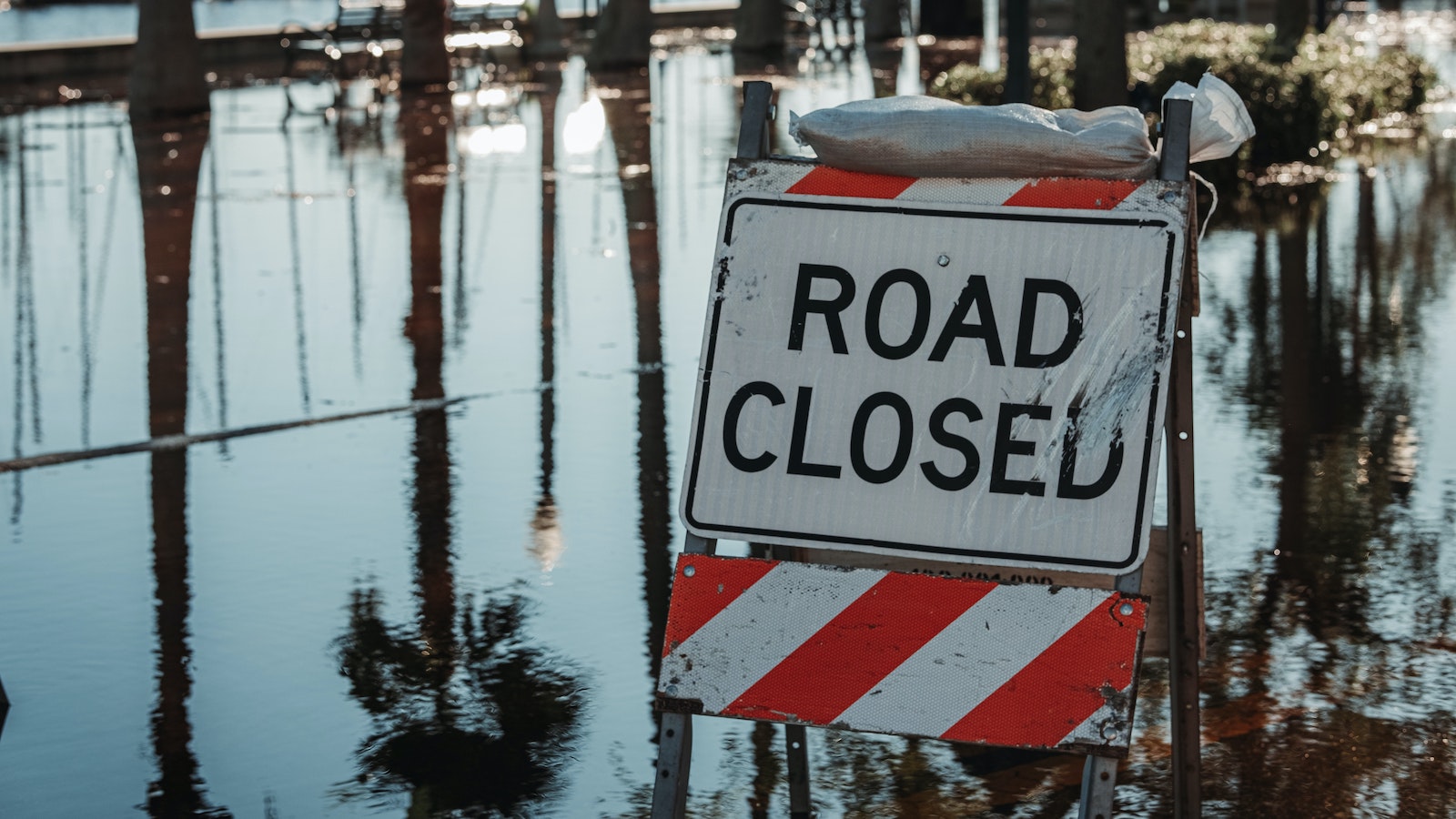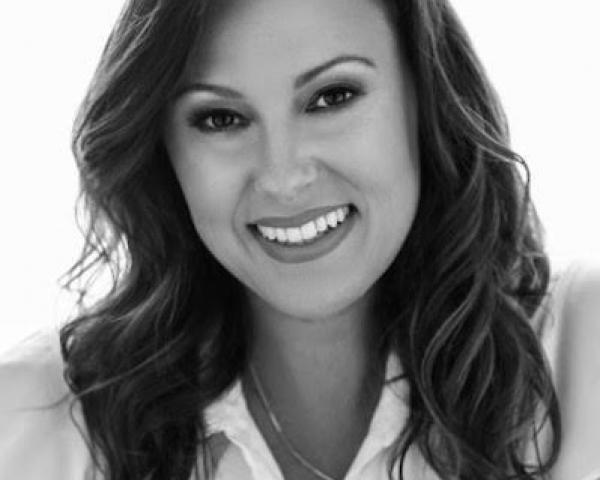Hurricane Ian might be the costliest storm in Florida’s history. Preliminary estimates suggest roughly $67 billion in insured losses – nearly double what Ida caused last year.
My husband and I lived through the storm, and we saw the damage first hand. As co-CEOs of a national insurance franchise, we knew we had to do something.
As soon as we could – less than a week after Ian hit – we rallied our Florida franchise owners to form an independent crisis assessment team (CAT).
Our CAT set up shop at a FEMA-sponsored “insurance village” in Port Charlotte, about 40 miles south of Sarasota. Our goal: to distribute emergency supplies to hurricane survivors, help them file insurance claims and answer insurance-related questions.
Here, I’ll share three lessons we learned from our experience that can help agents make an impact after a natural disaster.
See also: We're Flying Blind on Climate Risk
Lesson 1: Empathy Can Jumpstart the Healing Process
Hurricane Ian left many survivors with absolutely nothing. Our insurance village offered people resources that could help them begin to rebuild.
Right off the bat, we started handing out basic necessities, like food, water, propane tanks, gas and even underwear. We quickly learned that being an empathetic listener went a long way. After such a traumatic event, many people just wanted someone to talk to.
Many stories stuck with us. For example, one survivor told us that she’d completely lost power – and even some of her roof. That really hit home with our people. At a moment’s notice, a few folks on our team dropped everything to go tarp her roof and set up a generator at her house.
In a crisis, empathy is an invaluable resource agents can offer. Be a sympathetic ear, and you’ll help survivors feel cared for. Listening to, empathizing with and helping any survivor in need – insured or not – doesn’t just build community goodwill for your agency. It’s the right thing to do.
Lesson 2: Basic Guidance and Education Help People Rebuild
Many hurricane survivors rely on homeowner’s insurance payouts to help them get back on their feet. But in Florida, the insurance industry is on the brink of collapse.
Some insurance carriers have paused writing new policies or plan to issue nonrenewals and cancellations. Others have pulled out of the state. And six have been declared insolvent this year. After Ian, experts fear more insolvencies – leaving even more homeowners in limbo.
The good news is that Florida insurance carriers couldn’t cancel policies until Nov. 28. Ahead of that date, we needed to answer survivors’ policy questions and educate them about the insurance landscape.
Our corporate team and franchise owners were on the scene – and they did just that. When it came to insurance knowledge, many survivors were starting from scratch. We taught them things like how to read their policy, where to find their premium and how to understand their deductible.
We also provided guidance as to what to do next. We walked them through the claims process so they could quickly receive payouts. And we helped them understand how Florida’s industry chaos might affect future coverage. We wanted folks to know which insurance carriers were at risk, where to look for a new policy and what to expect in terms of premium hikes.
The agent takeaway? After a natural disaster, offer insurance guidance and education that meets survivors’ specific needs. And don’t discriminate. Even if they aren’t one of your customers, they’ll need your industry expertise to help them recover faster.
See also: How to Prepare for Catastrophe Claims
Lesson 3: Helping Survivors Can Be Emotional – and Inspire Hope
Working with hurricane survivors who’ve lost everything is a highly emotional experience. You’re listening to story after story about completely upended lives. And you want to empathize with everyone you talk to. It’s important that you prepare for the emotional toll that can take.
In our experience, we’ve found it helpful to have counselors onsite or available virtually. This way, your team members can process their emotions with a mental health professional.
Amid the sadness, though, there’s also room for hope. At our company, we had all hands on deck to deliver immediate assistance.
Our customer service reps fielded calls for agencies that were themselves affected by the storm, in turn helping their customers get the answers and assistance they needed. Our data team identified our worst-hit customers so we could communicate about local resources and the insurance village. Our HR team reached out to every hurricane-affected employee to make sure they were okay. And our corporate team members and franchise owners were on the ground, cooking hot meals and providing fresh clothes out of pocket.
When you drop everything to help your community, that speaks volumes. Your community will take note, and so will your team. They’ll be proud to be part of an agency where leaders and team members alike roll up their sleeves to help the communities where they live and work.
When Disaster Strikes, Show Up for Your Community
When you take part in an insurance village, you can do more than insure your community. You can make a real, on-the-ground impact that helps people get back on their feet faster.
Preparation, however, is key. So don’t wait for a natural disaster to take action. Start now by gathering supplies and building a team so you’re ready for on-the-spot deployment. This way, you can quickly reach affected communities when the next disaster strikes.








